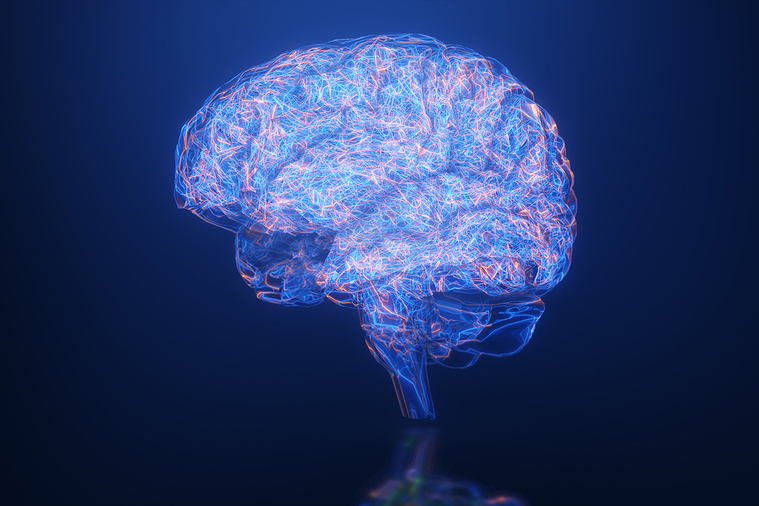
Neuroscience
Expertise in Action
Related Projects
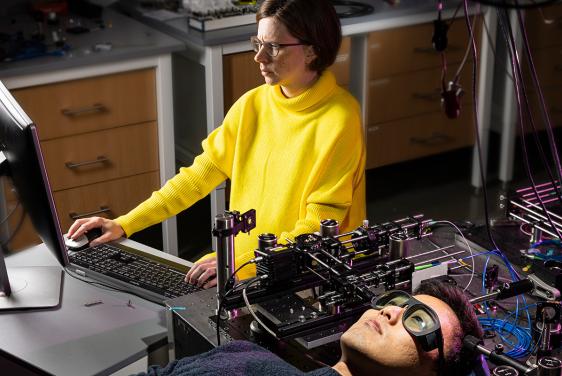
Neural Interfaces
Directly interfacing with the nervous system to restore lost functions and enhance human capability
Learn more about
Neural Interfaces
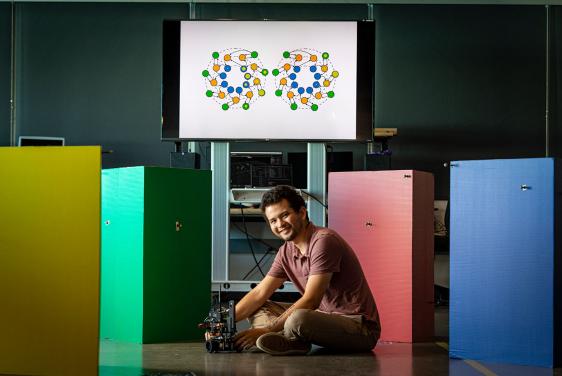
Neuroscience-Inspired Artificial Intelligence
Developing next-generation algorithms and computing substrates that leverage neurobiology to revolutionize intelligent systems
Learn more about
Neuroscience-Inspired Artificial Intelligence
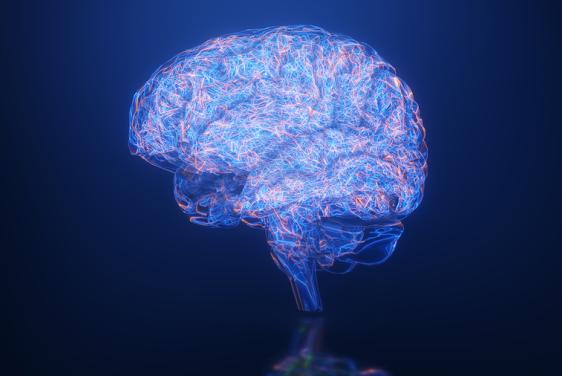
Mapping the Brain
APL led testing and evaluation efforts for IARPA’s MICrONs project, launched to create state-of-the-art machine learning capabilities by discovering how brain circuits process information.
Learn more about
Mapping the Brain
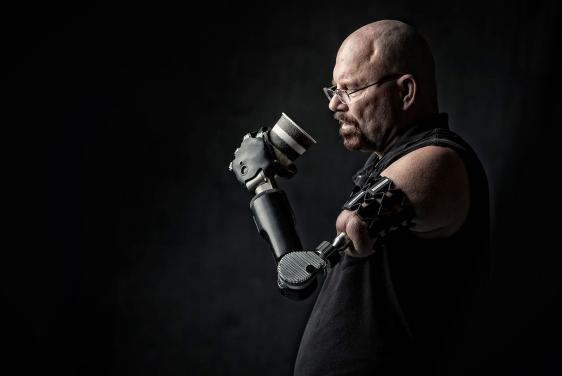
Revolutionizing Prosthetics
Revolutionizing Prosthetics was an ambitious multiyear program—funded by DARPA—to create a neurally controlled artificial limb that would restore near-natural motor and sensory capability to individuals with upper-extremity limb loss and spinal cord injury.
Learn more about
Revolutionizing Prosthetics
Related News
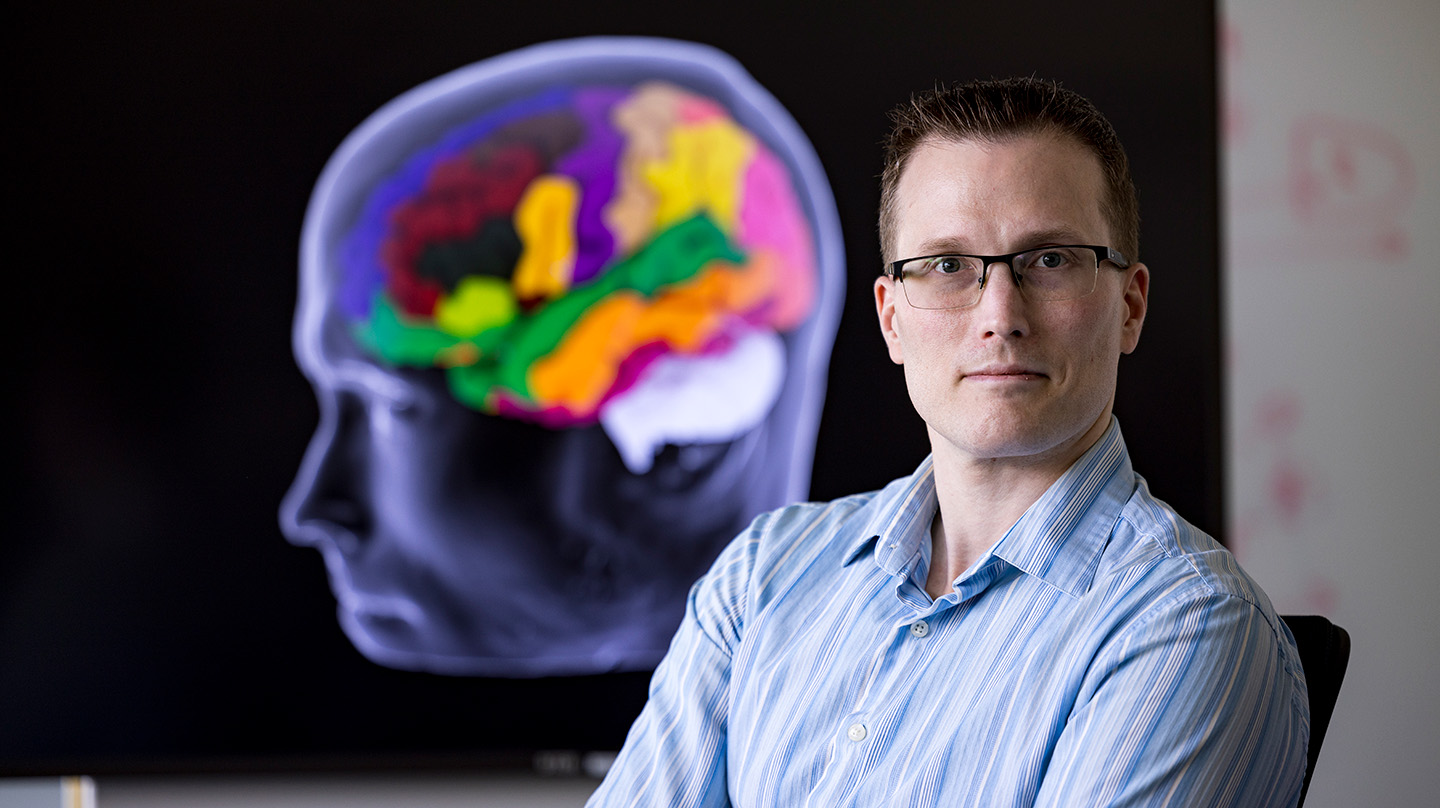
Johns Hopkins APL Tackles Military Sleep Deprivation With Innovative Smart Tool Feb 14, 2024
APL’s high-tech solution to combat sleep problems in the military monitors and enhances sleep in real time, potentially boosting overall health and cognitive abilities.
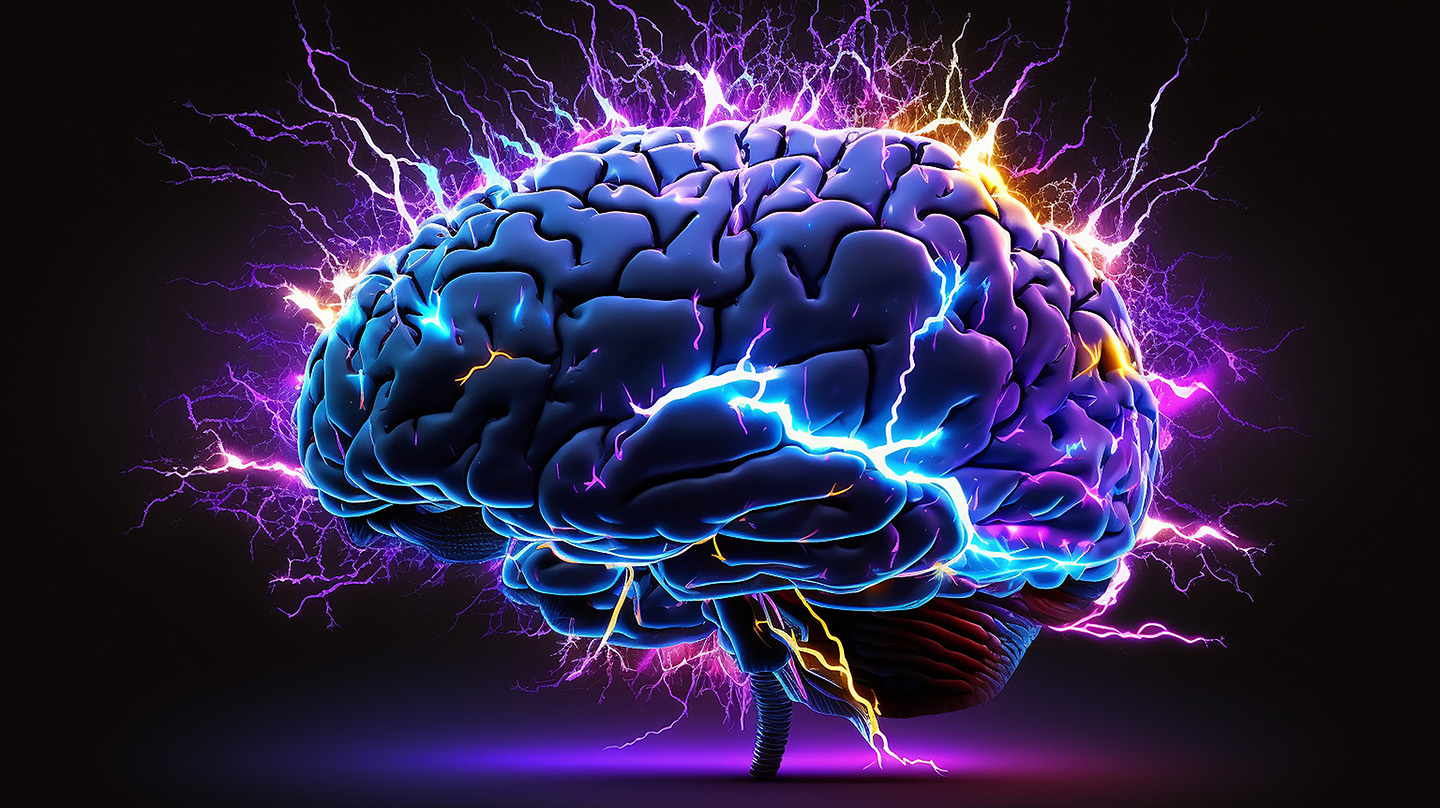
Awakening Interest in an Under-studied Brain System Sep 28, 2023
Johns Hopkins APL scientists are working to advance our understanding of the glymphatic system — an under-studied waste clearance system for the brain — and the role it plays in sleep, memory consolidation, degenerative illnesses and more.
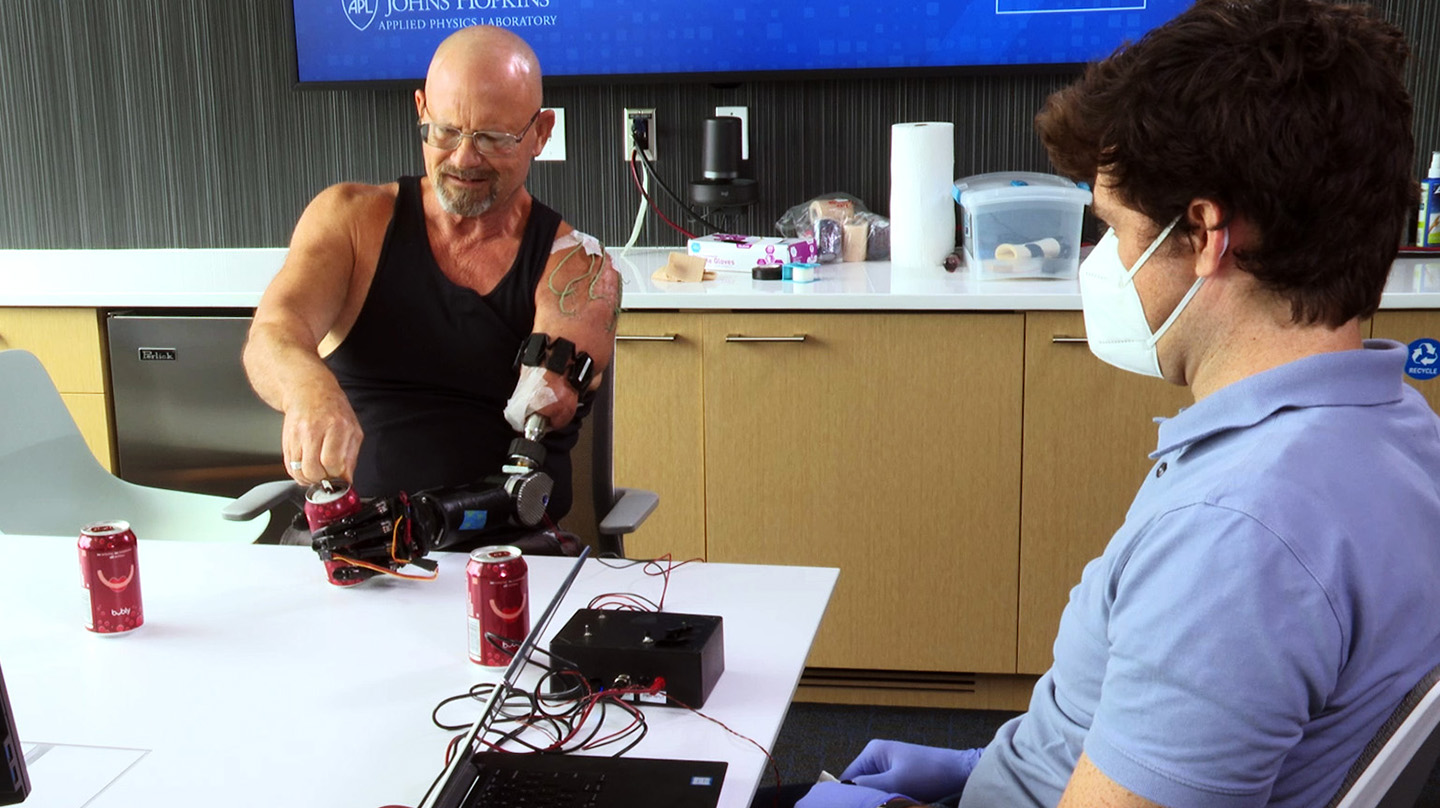
Johns Hopkins APL Restores Cold Sensation in Amputees’ Phantom Limbs Jul 27, 2023
APL researchers have developed one of the world’s smallest, most intense refrigeration devices. The adhesive bandage-like device mimics the body’s natural and rapid ability to sense temperature, and bioengineers at the Lab are now using it to help amputees perceive a sense of cold in their phantom limbs.
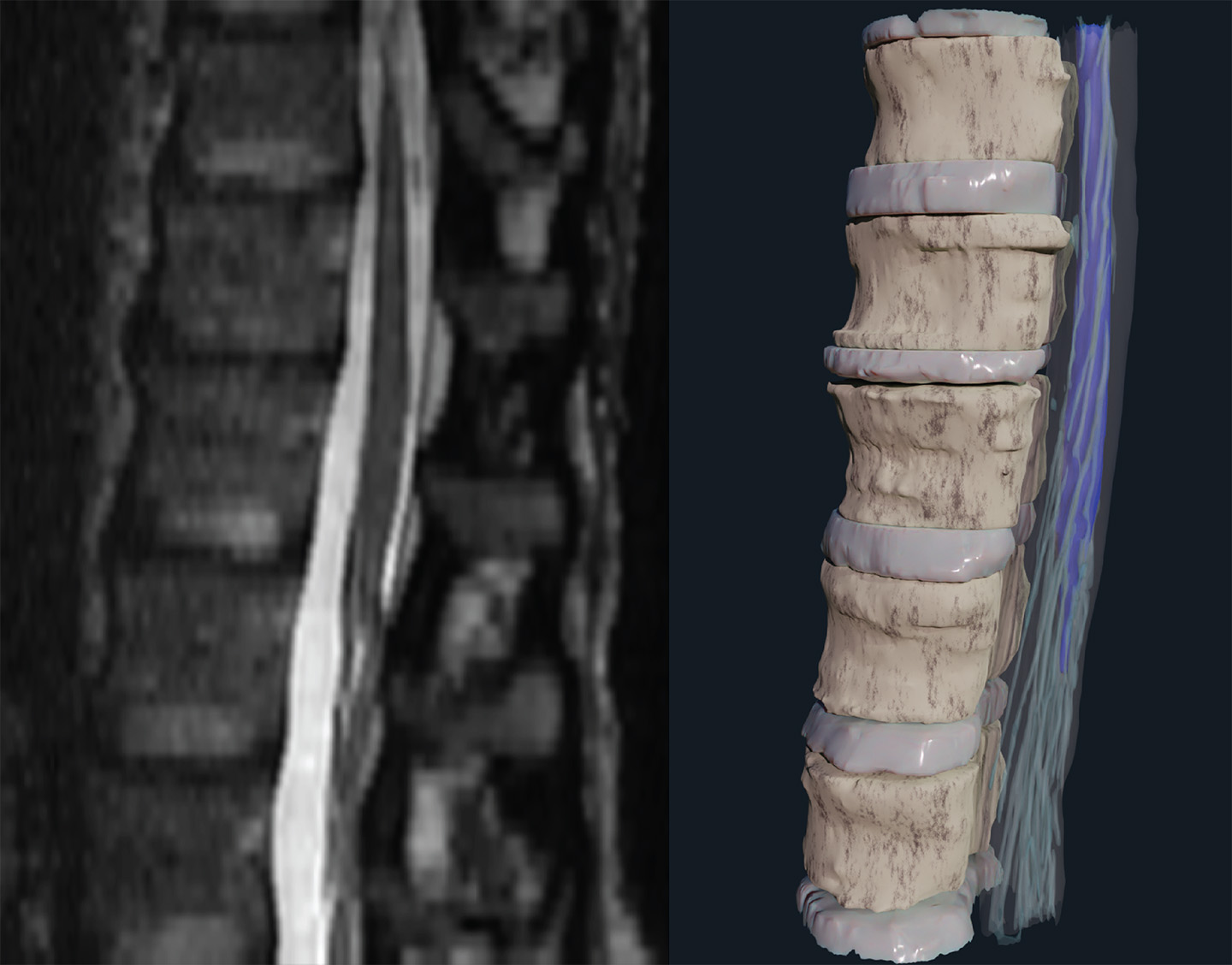
A Stimulating Option for Spinal Cord Injury Relief Jun 21, 2023
Spinal cord injuries are among the most devastating that a person can live with — as well as the most difficult to effectively treat. Johns Hopkins APL researchers are applying machine-learning techniques to enable existing technology to help restore autonomy and dignity to people who live with spinal cord injuries.
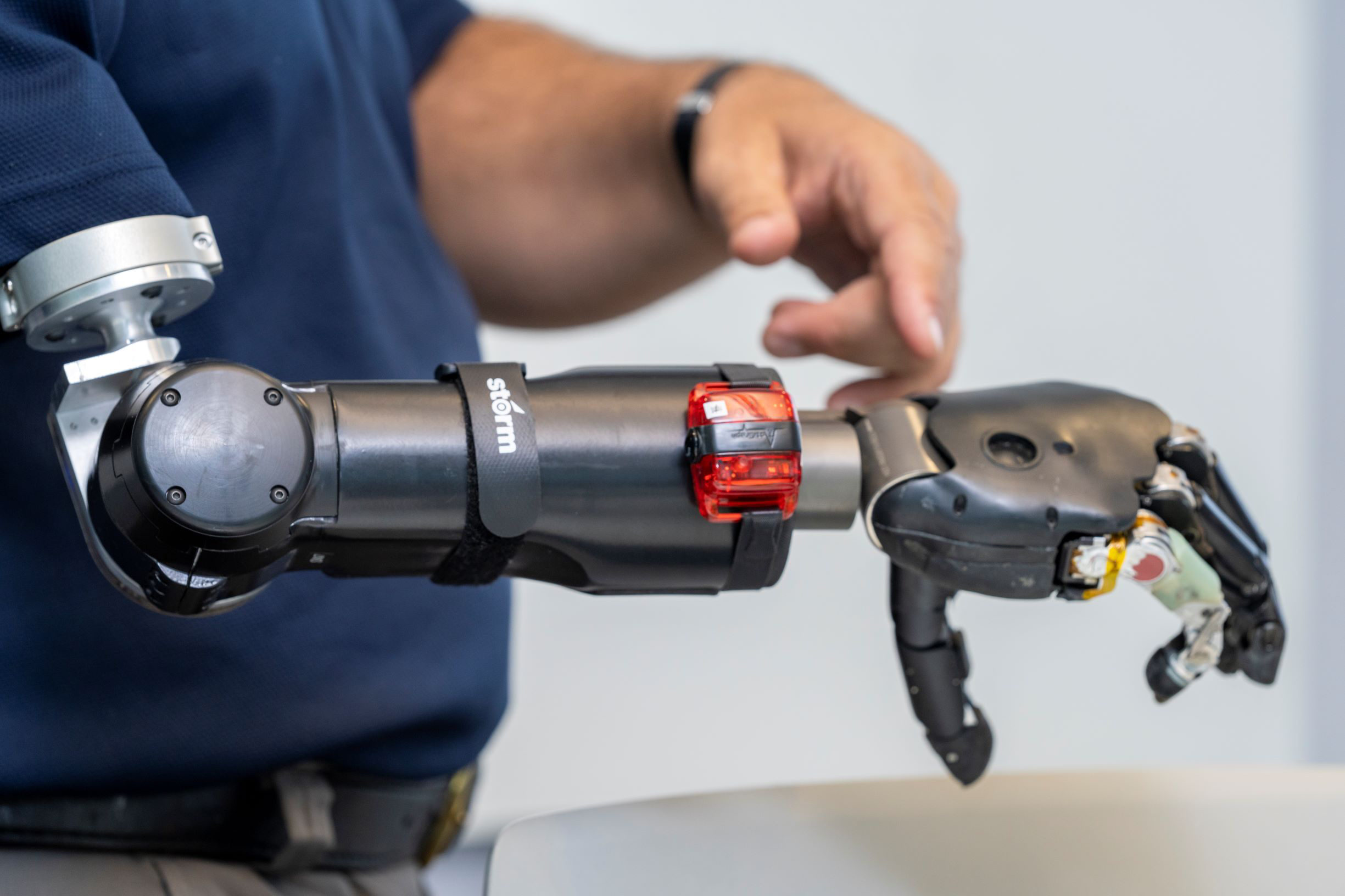
New Advances in Neural Interfaces Research at Johns Hopkins Dec 7, 2022
Johns Hopkins APL and the Johns Hopkins School of Medicine have reported research progress on multiple neural interface technologies for functional restoration, rehabilitation and augmentation for people affected by spinal cord injury, upper limb loss and blindness.